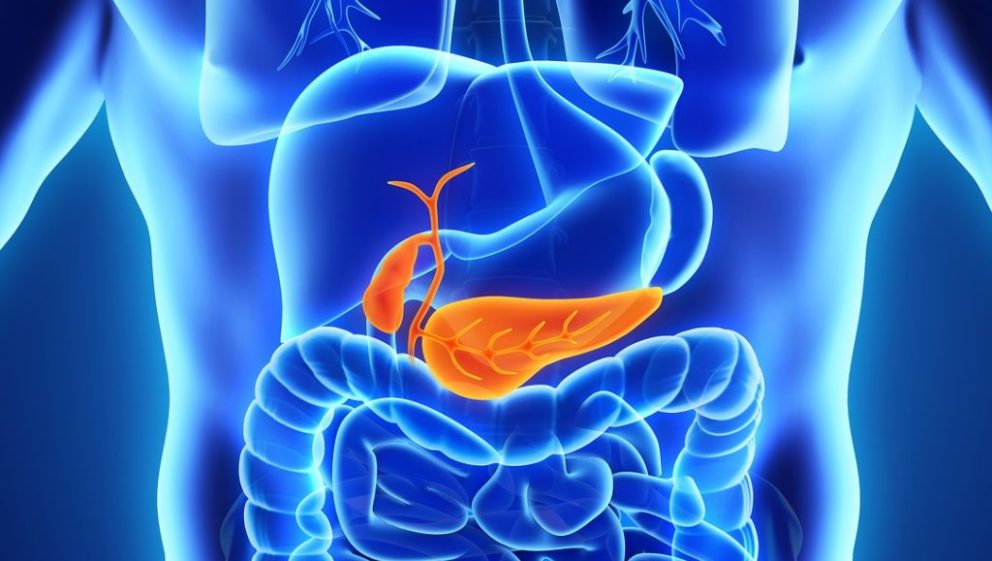Pancreatic Disease

What is Pancreatic Diseases?
Pancreatic diseases refer to a group of medical conditions that affect the pancreas, an organ located in the abdomen behind the stomach. The pancreas has two main functions: producing digestive enzymes that help break down food, and producing hormones such as insulin that regulate blood sugar levels.
There are several types of pancreatic diseases, including:
- Pancreatitis
- Pancreatic cancer
- Pancreatic cysts
- Pancreatic endocrine tumors
- Pancreatic pseudo-cysts
- Diabetes
Symptoms:
some common symptoms associated with pancreatic diseases:
- Abdominal pain
- Back pain
- Digestive problems
- Nausea and vomiting
- Jaundice
- Unexplained weight loss
- Diabetes
- Fatigue
- Changes in stool color
- Swelling or lumps
It’s important to note that these symptoms are not specific to pancreatic diseases and can be associated with other conditions as well. If you experience any persistent or concerning symptoms, it’s advisable to consult a healthcare professional for an accurate diagnosis and appropriate treatment.
Precaution:
Pancreatic diseases encompass a range of conditions, including pancreatitis, pancreatic cancer, and pancreatic cysts. While specific precautions may vary depending on the type and severity of the disease, here are some general precautions to consider:
- Healthy Lifestyle
- Avoid Smoking and Alcohol
- Weight Management
- Stay Hydrated
- Medication Use
- Regular Check-ups
- Manage Chronic Conditions
- Genetic Counseling
- Environmental Hazards
It’s important to note that these precautions are general recommendations, and the specific precautions and treatment plan for pancreatic diseases should be discussed with your healthcare provider, as they can provide personalized advice based on your medical history and individual circumstances.
